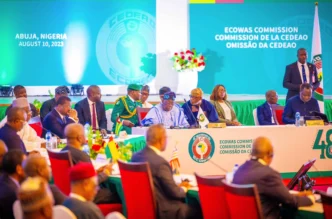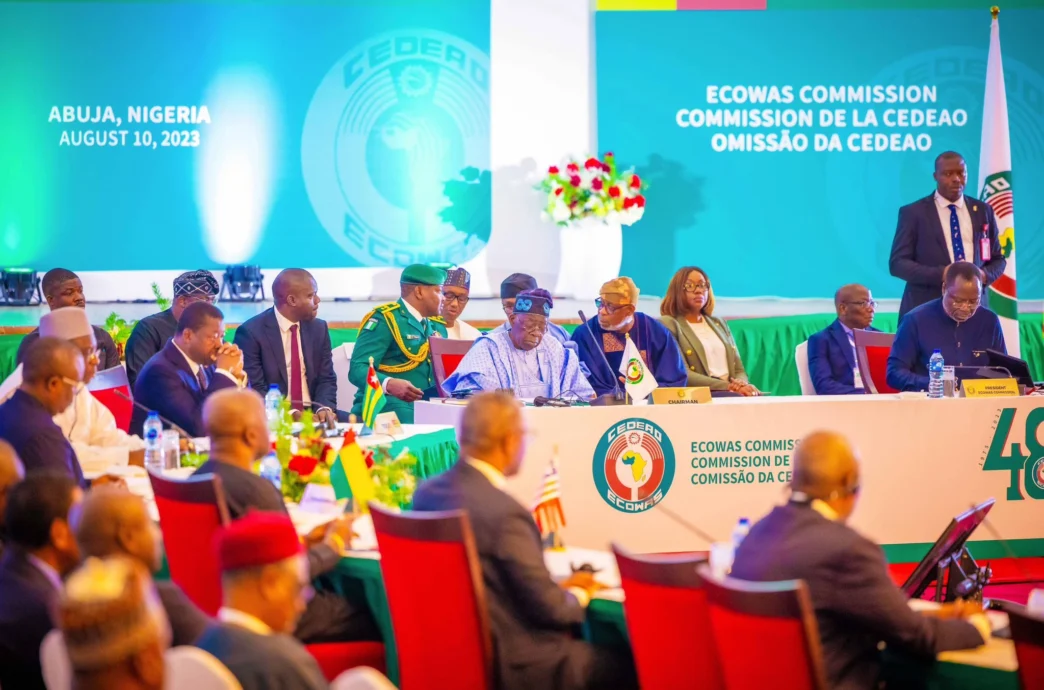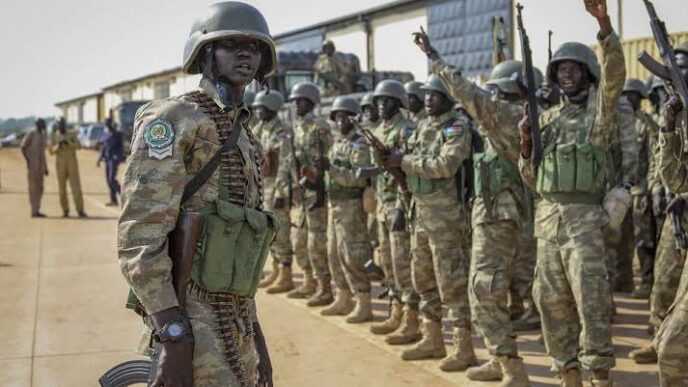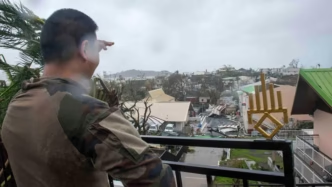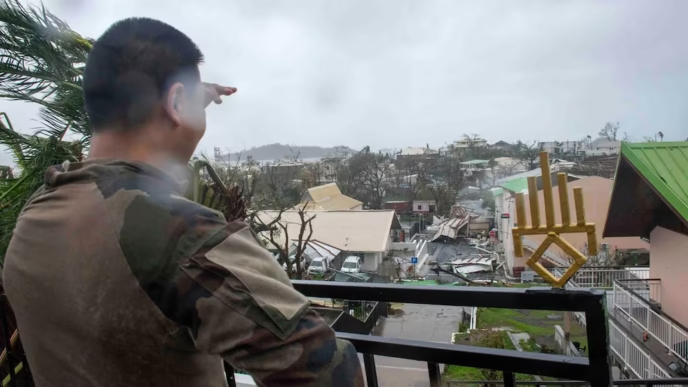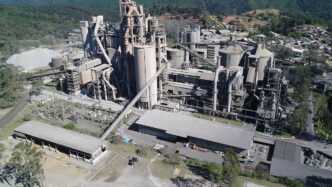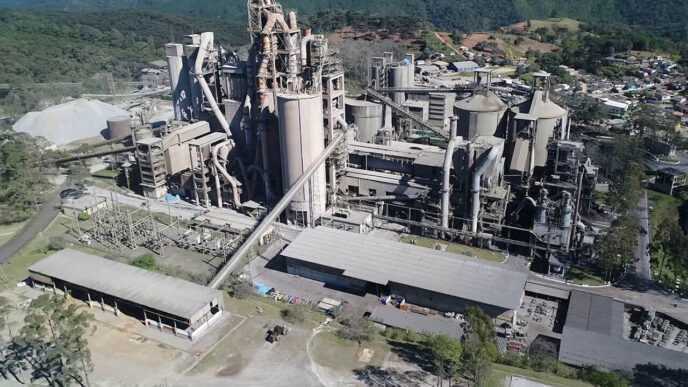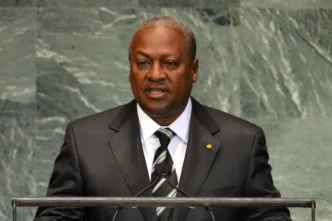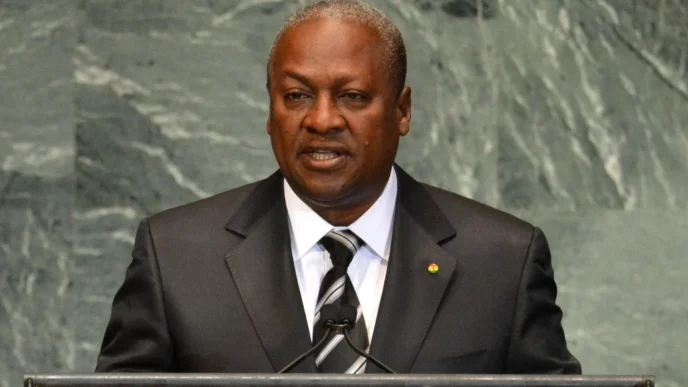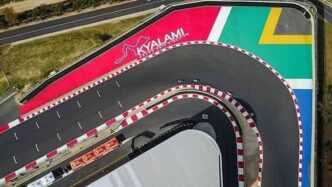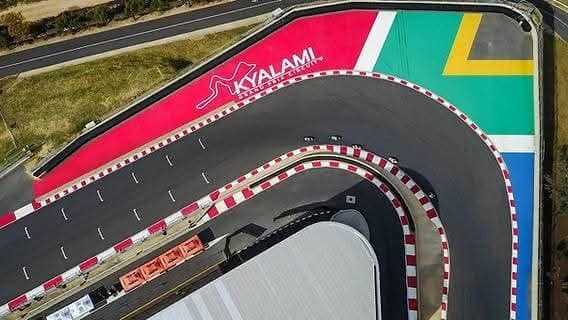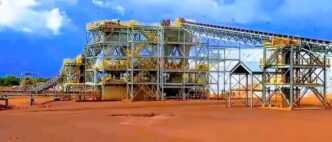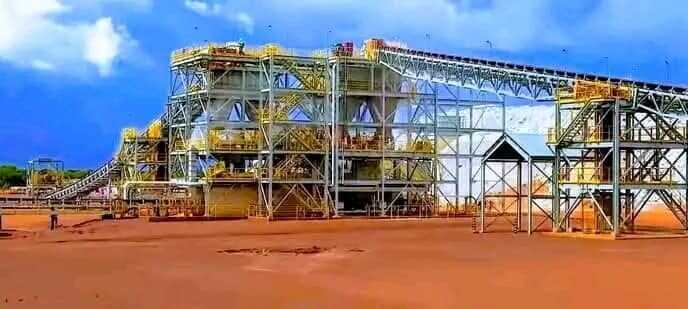Bold Move for Trade Growth and Regional Unity
West African leaders are setting their sights on a transformative project aimed at bolstering trade and unity across the region.
A proposed $15.6 billion Ecowas coastal highway, connecting Nigeria’s Lagos to Ivory Coast’s Abidjan, through Ghana, Togo, and Benin, is expected to redefine economic cooperation in the region.
A Bold Step Amid Regional Challenges
The project comes at a critical time when Ecowas faces its toughest political test. The recent withdrawal of Mali, Burkina Faso, and Niger from the 15-member bloc has shaken regional cohesion.
Despite this setback, the proposed highway serves as a beacon of hope for reinvigorating regional trade and fostering collaboration among remaining member states.
Construction of the 1,028km (689 miles) highway is set to begin in 2026, with completion targeted for 2030. This initiative will create an estimated 70,000 jobs, boosting economic growth while demonstrating the remaining nations’ capacity to work together.
Connecting West Africa’s Economic Hubs
The highway will link several key urban centers, including Lagos (20 million residents), Abidjan (8.3 million), Accra (4 million), Lomé (2 million), and Cotonou (2.6 million). These cities are not only major population hubs but also serve as critical gateway ports for regional and international trade.
Planners aim to reserve space along the highway for a future railway line, promising further integration of West Africa’s coastal economies.
Streamlining Trade and Travel
Border crossings along the planned route are already becoming more efficient. Modern one-stop frontier posts now replace outdated multi-step procedures, easing the movement of goods and people.
These developments, combined with the highway project, will accelerate trade, reduce costs, and improve the competitiveness of West Africa’s economies.
Strategic Implications for Regional Unity
While the highway primarily focuses on economic integration, its political implications cannot be ignored. The project showcases Ecowas’ commitment to prosperity and growth, potentially enticing Mali, Burkina Faso, and Niger to reconsider their departure from the bloc.
According to analysts, the highway mirrors the European Union’s integration model, which used economic cooperation to strengthen political ties. A similar strategy could encourage the return of dissident states, especially as landlocked nations like Mali, Burkina Faso, and Niger remain heavily reliant on their coastal neighbors for trade and economic stability.
Deepening Economic Ties
The coastal highway will enhance existing trade flows, such as livestock exports from Sahelian nations to urban centers in Dakar, Lagos, and Abidjan. Manufactured goods from coastal economies will reach inland markets more efficiently, creating a win-win scenario for all involved.
Moreover, Ecowas’ efforts to prune trade barriers and push forward with groundbreaking projects like this will likely attract global investors. These steps are crucial as the bloc navigates today’s political turbulence while laying the groundwork for a more integrated and prosperous West Africa.
What impact will the Ecowas coastal highway have on regional trade and unity? Share your thoughts.
Read More:
